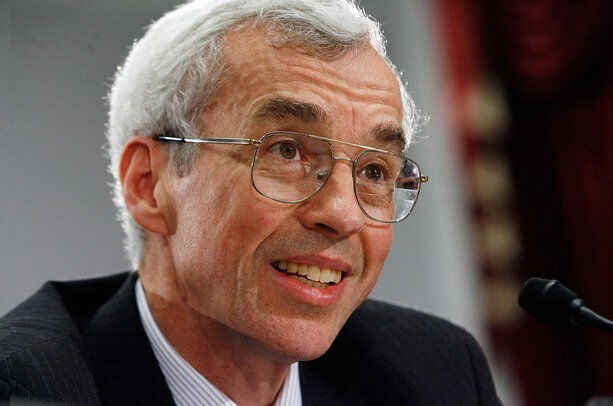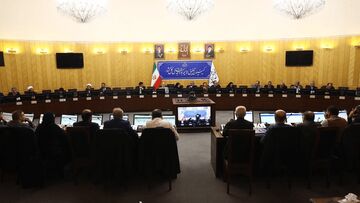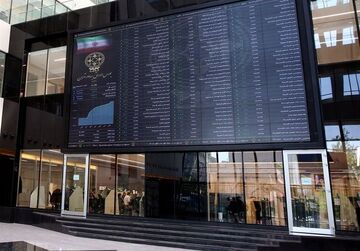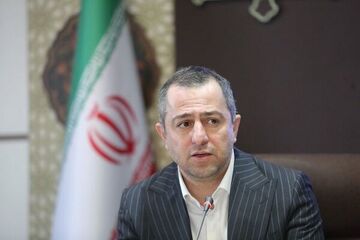TEHRAN (Bazaar) – Professor Paul Pillar, who was CIA intelligence analyst for 28 years, says “The Israeli government has not formally changed its position, although it is not trying as hard as its predecessor did to sabotage the diplomacy on the JCPOA.”
He adds that “One reason is that some of the truth that many former Israeli security officials have long voiced--that the JCPOA is on balance better for Israeli security than not having a JCPOA--is beginning to sink in with the political leadership.”
Following is the text of the Bazaar interview with Professor Paul Pillar:
Bazaar: According to the news, the Vienna talks are moving forward. The Western parties also announced for the first time the progress in the negotiations. What is your assessment?
Pillar: All of us on the outside who are not observing the talks directly can only try to infer what has been going on inside conference rooms based on fragmentary comments from the participants and other hints that leak out. But it does appear there is slightly more basis for optimism now than there was before the first of the year. I would guess there is a slightly better than even chance that some sort of agreement will be reached. A month ago I would have been more pessimistic than that.
Bazaar: According to some news, the negotiations will end by the end of February. This was while with the beginning of the talks in the seventh round, they assessed the situation as complicated and complicated. What happened that brought the views of Iran and the US closer together?
Pillar: When the Iranian side first rejoined the talks after the inauguration of President Raisi, it presented demands that took a hard line and that disappointed, and maybe even shocked, the other delegations. Many wondered whether these demands represented a firm position or were more in the nature of an opening position from which the Iranian side would later make concessions. Perhaps it has turned out to be more of the latter than the former, and after stating its strong opening position the Iranian side has softened that position. If so, then the other participants in the talks would have been able to respond with some softening of their own.
Bazaar: During a recent visit to Israel, US National Security Adviser Jake Sullivan told Israeli officials that the threat of a return to UN Security Council sanctions through a snapback mechanism should be used as a means to deter Iran from enriching uranium with weapons-grade. That is, the United States intends to activate the snapback mechanism if Iran's enrichment increases. Meanwhile, the head of Iran's Atomic Energy Organization, Mohammad Eslami, has stated that Iran will not carry out more than 60 percent enrichment, even if the talks fail. What is the reason for the US threat to activate the snapback mechanism?
Pillar: The purpose of the snapback mechanism is to be able to respond to any future Iranian violations. It is not a matter of taking Iranian officials at their word and assuming that no such violations will occur. In any event, 60% enrichment is already well past the allowable JCPOA limits, so whether Iran stays at 60% or goes over it is irrelevant to the issue of snapback. Of course, Iran will point out that once the United States violated its own obligations under the JCPOA, Iran was no longer under an obligation to observe the JCPOA limits. As for the purpose of Sullivan's remark, it was intended both to reassure his Israeli audience and to try to use such a threat as pressure to induce Iran to make more concessions in the negotiations.
Bazaar: Israel, which has been opposed to any nuclear deal with Iran, has changed its position, declaring that a deal with Iran is better than no deal at all. What are the reason for Israel's change of position and its acceptance of the revival of the JCPOA?
Pillar: The Israeli government has not formally changed its position, although it is not trying as hard as its predecessor did to sabotage the diplomacy on the JCPOA. One reason is that some of the truth that many former Israeli security officials have long voiced--that the JCPOA is on balance better for Israeli security than not having a JCPOA--is beginning to sink in with the political leadership. (And many of those former security officials have been increasingly outspoken on this topic lately.) Another factor in the Bennett government not actively sabotaging the diplomacy is that it wants a better relationship with a Democratic president in Washington than the antagonistic relationship that Netanyahu had with Obama.
Bazaar: South Korea's Deputy Foreign Minister traveled to Vienna to decide on freeing up Iran's blocked funds. What is your assessment of this visit to Vienna during the talks?
Pillar: It could very well be related to tentative U.S. concessions, regarding the freeing up of blocked Iranian funds, that would be part of an agreement emerging from the Vienna talks.
















نظر شما